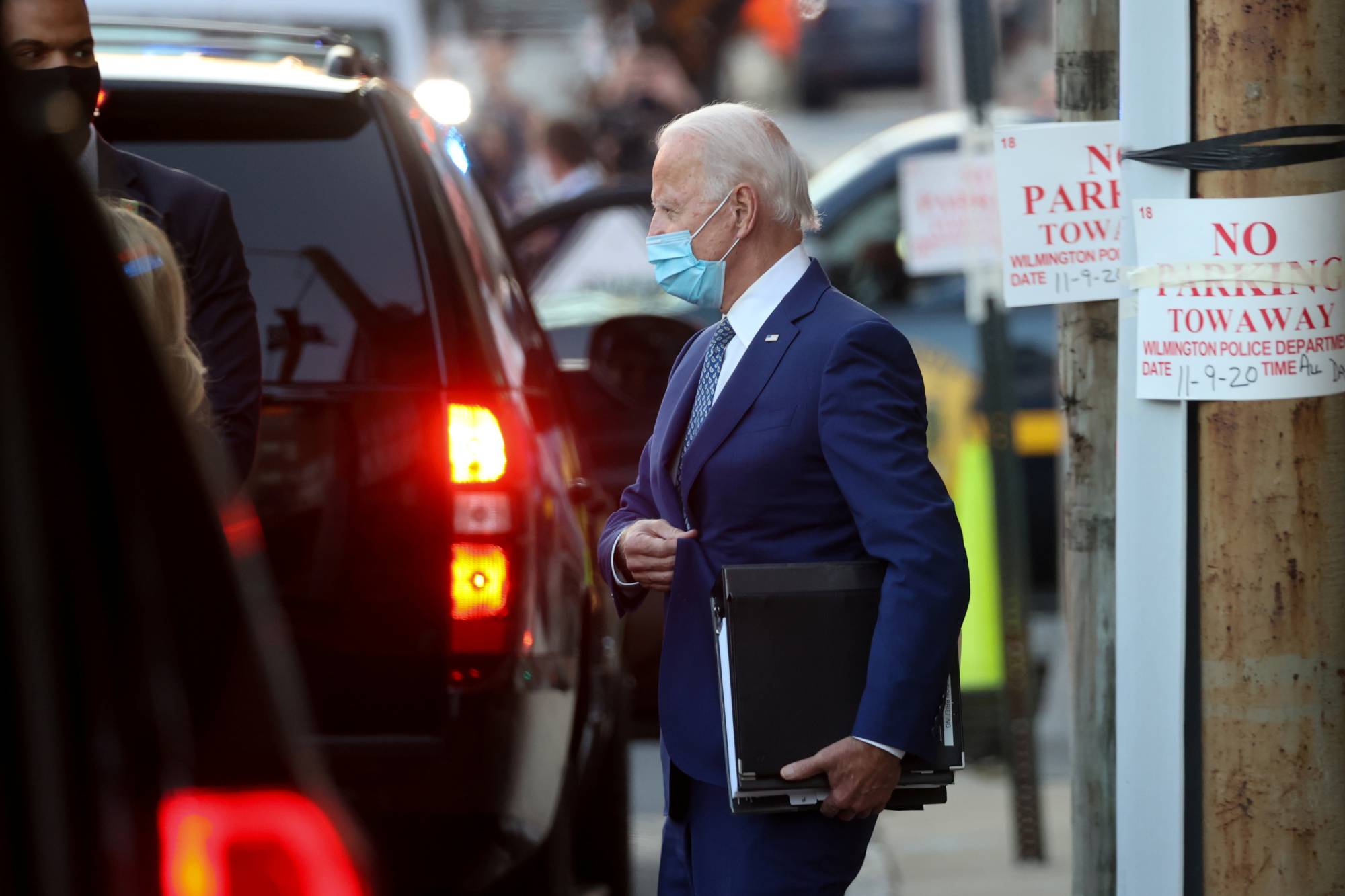Joe Biden’s victory in the U.S. presidential race set off celebrations among supporters of U.S. alliances. A card-carrying member of the foreign policy establishment, Biden in temperament and tone is a traditionalist who backs longstanding institutions of global order, those alliances in particular. But if allies and partners are breathing a sigh of relief, they must not ignore important changes that have occurred throughout the world and will continue to unfold. Foreign policy certainties need reassessment and revision. Allies must work in tandem with the Biden administration to prepare those alliances for the challenges of the post-Trump era.
First, the good news. Biden has one of the strongest foreign policy CVs of any incoming president, burnished by his time as chairman of the Senate Foreign Relations Committee and service as point person on foreign policy for Barack Obama. His thinking about foreign policy is familiar and reassuring. As he explained in a speech last year “America’s security, prosperity, and way of life require the strongest possible network of partners and allies working alongside us.” His foreign policy agenda “will place America back at the head of the table, working with our allies and partners — to mobilize global action on global threats ... .”
Every authoritative poll — Gallup, Chicago Council on Foreign Affairs, Pew — shows strong public support for continuing U.S. engagement with and leadership in the world. Alliances receive strong backing, with solid majorities agreeing that consultation with allies is valuable and that U.S. decision-making should take their interests into account: Compromise is not a four-letter word. Even larger majorities say that globalization and trade is good for the U.S. Americans understand that their fate is tied to that of the world around them. Enlightened self-interest is still the public’s preference — not unilateralism, nationalism or isolationism



